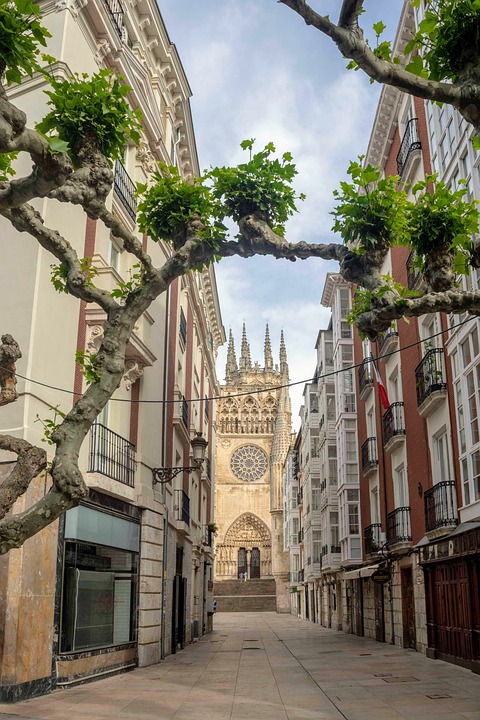Introduction
Located in the heart of the Aragon region in northeastern Spain, Alba is a charming and historic town that offers visitors a glimpse into the country’s rich past. With its cobblestone streets, medieval buildings, and picturesque views of the surrounding countryside, Alba is a place where time seems to stand still.
History
Medieval Roots
Alba has a long and storied history that dates back to the Middle Ages. The town was founded in the 8th century by the Moors, who ruled over the Iberian Peninsula at the time. In the 11th century, Alba became part of the Kingdom of Aragon and played a key role in the region’s political and economic development.
Renaissance Splendor
During the Renaissance period, Alba experienced a period of great prosperity and cultural growth. The town’s main square, Plaza Mayor, was built during this time and remains one of the most impressive examples of Renaissance architecture in Spain.
Things to See and Do
Alba Castle
One of the most iconic landmarks in Alba is the Alba Castle, a medieval fortress that sits atop a hill overlooking the town. Visitors can explore the castle’s ramparts and towers, which offer stunning views of the surrounding countryside.
Plaza Mayor
The Plaza Mayor is the heart of Alba and is a great place to soak up the town’s vibrant atmosphere. Lined with cafes, shops, and historic buildings, the square is the perfect spot to relax and people-watch.
Church of San Pedro
The Church of San Pedro is another must-see attraction in Alba. Dating back to the 12th century, the church is a beautiful example of Romanesque architecture and features a stunning altarpiece and a collection of medieval frescoes.
Food and Drink
Local Cuisine
Alba is known for its traditional Aragonese cuisine, which features hearty dishes made with fresh, local ingredients. Some of the must-try dishes include migas, a type of breadcrumb-based dish, and ternasco, a roasted lamb specialty.
Wine Tasting
The region around Alba is famous for its vineyards and wineries, which produce some of Spain’s best-known wines. Visitors can take a wine tour and sample the local varieties, including Garnacha and Tempranillo.
Getting There
By Air
The nearest airport to Alba is Zaragoza Airport, which is located about 100 kilometers away. From the airport, visitors can hire a car or take a bus to reach Alba.
By Train
Alba is well-connected to the Spanish rail network, with regular trains running to and from major cities like Madrid and Barcelona. The town’s train station is located in the center of town, making it easy to explore Alba on foot.
Where to Stay
Parador de Alba
For a truly luxurious experience, consider staying at the Parador de Alba, a historic hotel located in a former convent. The hotel offers stunning views of the town and surrounding countryside, as well as top-notch amenities and service.
Casa Rural Alba
For a more budget-friendly option, check out Casa Rural Alba, a charming guesthouse located in the heart of town. The guesthouse offers comfortable rooms, friendly service, and a cozy atmosphere.
Conclusion
Alba is a hidden gem in northeastern Spain, offering visitors a unique blend of history, culture, and natural beauty. Whether you’re exploring the town’s medieval streets, enjoying a leisurely meal in the Plaza Mayor, or sipping wine in a local vineyard, Alba is sure to capture your heart.
Plan your next getaway to Alba and discover the historic charm of this enchanting town.
